
Improve the quality of personnel work to build a team of cadres, civil servants, and public employees who wholeheartedly serve the interests of the Fatherland and the people. _Source: baovephapluat.vn
Identify and combat the trick of taking advantage of the situation where cadres, civil servants, and public employees are afraid of and avoid responsibility to sabotage our Party and State.
The responsibility of civil servants is to properly and fully perform the duties, tasks and powers assigned by the Party, the State and the people to serve the interests of the Fatherland, the people and the Party. Recently, in many localities and units, a number of civil servants have failed to perform or have been slow in performing their duties and responsibilities, affecting the interests of the people, businesses, localities and the country. Taking advantage of this, hostile forces have spread distorted arguments to undermine the Party's ideological foundation and sabotage our Party and State. Therefore, it is necessary to clearly identify the nature of this dark plot and trick in order to have effective solutions to combat and prevent it.
Firstly, fight against the argument that officials fear responsibility and avoid responsibility is the nature of the socialist state.
Hostile forces distort that the fear of responsibility and avoidance of responsibility is not new but has existed for a long time, and is inherent in our regime. From there, they accuse our state apparatus of being degenerate and that it is necessary to build another state apparatus (?!).
The truth is, the Socialist Republic of Vietnam, led by the Communist Party of Vietnam, is a State of the people, by the people, for the people. All activities of the State are aimed at ensuring a prosperous and happy life for the people. With that noble goal and ideal, millions of Party members and civil servants in Party and State agencies at all levels have constantly strived to overcome all difficulties and challenges, some even sacrificing their lives for the benefit of the country, the people, and the Party. “Our Party and State have made great efforts to care for the people’s lives. The Party always considers ensuring and improving the people’s lives as its great and constant responsibility” (1). However, besides the civil servants and public employees who always maintain their revolutionary qualities and ethics, there is also a group of civil servants and public employees who have degenerated and changed their political ideology, ethics, and lifestyle, who are afraid of difficulties, hardships, and responsibilities, so they do not dare to do things but avoid or push responsibility to others. However, we should not use the phenomenon to judge the nature, when we assume that the civil servants and public employees in our political system are all bad, that "cadres are afraid of responsibility, avoiding responsibility is the nature" of our state, because as General Secretary Nguyen Phu Trong affirmed, "if it were so bad, why have we carried out the cause of innovation in recent years and achieved great achievements that the whole world has recognized, and our country's position in the international arena has been increasingly enhanced?"(2). Our Party is willing to objectively acknowledge that, in addition to the achievements in the work of building and developing the contingent of Party members, civil servants and public employees, in recent times, there is still a group of Party members and civil servants who are afraid of responsibility, avoid responsibility and demand an uncompromising struggle against those limitations and shortcomings. “Fighting here is not simply understood as fighting the enemy, but fighting against stagnation and lack of development; fighting against wrongdoing; fighting against oneself to overcome manifestations of individualism; fighting against the plots and sabotage tricks of hostile forces” (3).
Second, fight against the argument that officials are afraid of and avoid responsibility because of the one-party regime.
Hostile forces distort that, because there is only one leading party in Vietnam, political power is concentrated, limiting the creativity of individuals, leading to many civil servants being passive, not daring to take initiatives, considering "party's will" above the law. From there, hostile forces believe that it is necessary to implement pluralism and multi-party system, so that power is no longer concentrated, so that there is legal protection (?!)
The truth is, the 2013 Constitution of the Socialist Republic of Vietnam affirms that the Communist Party of Vietnam “is the leading force of the State and society” (4), “Party organizations and members of the Communist Party of Vietnam operate within the framework of the Constitution and the law” (5). Therefore, there is no such thing as the Party being above the law or not following the law to lead the country; the Party’s resolutions and the State’s laws ensure unity and do not contradict each other, because the law is the institutionalization of the policies, guidelines, and viewpoints expressed in the Party’s resolutions, and the Party’s resolutions cannot be contrary to the law. The Party leads the State but does not interfere in the specific work of the State but only guides its activities through the Party’s resolutions and guidelines; through propaganda, education , and persuasion; through the contingent of Party members in the State apparatus, through inspection, supervision, and exemplary behavior of Party members. The Socialist Republic of Vietnam, led by the Communist Party of Vietnam, organizes power according to the principle of division of power, a socialist rule-of-law state, inheriting the reasonable elements of the rule-of-law state model of humanity with the goal of ensuring that the law becomes supreme and is implemented in practice. That is reflected in our Party's direction to institutionalize the organization of state power according to the principle that "State power is unified, with division, coordination, and control among state agencies in the implementation of legislative, executive, and judicial powers" (6). Thus, state power is still guaranteed to operate effectively "on the basis of the rule of law principles, ensuring that state power is unified, with clear division, close coordination, and enhanced control of state power" (7). In Vietnam, even though there is one party in charge, even though we do not implement the separation of powers, we still ensure that the Constitution is supreme through the rule of law principle. No individual or organization operates outside or above the law. The law in our country has clearly defined the duties and powers of civil servants and public employees in public service activities (8) and that is also the basis for clearly defining the responsibilities of civil servants and public employees. Therefore, to overcome the situation of civil servants and public employees being afraid of responsibility and avoiding responsibility, the key issue is not "changing the political regime" as hostile forces have spread and distorted, but rather the need to perfect the socialist rule of law state, associated with building a legal system that is democratic, fair, humane, complete, synchronous, unified, timely, feasible, public, transparent, stable, and accessible, paving the way for innovation, sustainable development, and a strict and consistent law enforcement mechanism.
Third, fight against the argument that officials are afraid of responsibility and avoid responsibility because the fight against corruption and negativity is too fierce.
Hostile forces distort that the fight against corruption and negativity is only aimed at "internal fighting and eliminating opposition factions"; because our Party has severely disciplined corrupt and negative Party members, civil servants and public employees, including retired officials, and reopened corruption and negativity cases from many years ago, many civil servants and public employees are afraid of responsibility because they have the mentality of "doing more makes more mistakes, doing less makes less mistakes, not doing anything makes no mistakes", avoiding responsibility to ensure "safety" (?!).
Speaking at the 21st meeting of the Central Steering Committee on anti-corruption and negativity on January 20, 2022, General Secretary Nguyen Phu Trong requested: "To rectify, fight against, and eliminate the fear that promoting anti-corruption will "slow down development", "limit creativity, daring to think, daring to do", "discourage", "act moderately", and "defensive" among a number of cadres and civil servants, especially leaders and managers at all levels" (9). The General Secretary affirmed: "Promoting anti-corruption and Party building and rectification will only "hesitate" those with impure motives, who have "got their hands dirty", and those who do not have a firm grasp of the Party's guidelines and policies, and lack knowledge, experience and courage" (10).
In addition, reality shows that the fear of responsibility and avoidance of responsibility are partly due to the weakness of a number of civil servants and public employees due to limitations in capacity, quality, ethics or having made mistakes in performing their duties and tasks, and now fear being discovered and punished, so they do not dare to do anything or do it "moderately", "cope", and avoid responsibility in the hope of being "safe". It is necessary to realize that the fight against corruption and negativity led by our Party, headed by General Secretary Nguyen Phu Trong, with the motto "resolutely, persistently, with no forbidden areas, no exceptions, regardless of who that person is" has been carried out strongly and drastically in recent times, which is an important driving force to promote national development, "thanks to doing a good job in Party building and rectification, promoting the fight against corruption has made an important contribution to promoting socio-economic development, maintaining political stability, strengthening national defense, security and foreign affairs" (11). The effective fight against corruption and negativity contributes to cleaning up the Party and State apparatus, reducing the harassment of a number of civil servants and public employees towards the people and businesses, thereby increasingly strengthening the people's trust in the Party and State. Thus, it is clear that the fight against corruption and negativity brings many benefits, and does not "hinder the country's development" as the hostile forces distort.
Solutions to prevent and treat fear of responsibility and avoidance of responsibility
The situation of public employees being afraid of and avoiding responsibility is like a disease that has been causing many negative impacts on the development of the country. "The attitude of fear of responsibility of some officials and party members is an obstacle to the work of the Party and the State, causing work to stagnate, stagnate, making new factors unable to develop, shortcomings and weaknesses not being overcome in time, and making the qualifications and working capacity of officials slow to improve" (12). First of all, the disease of fear of responsibility makes many public employees passive in their work, shirking responsibility. Therefore, many practical and legitimate needs of people and businesses are not resolved promptly, leading to a decline in trust in the public apparatus. “People who are afraid of responsibility often work in a half-hearted manner to “fulfill their duties”, just to avoid making any major mistakes. Because they are always afraid of having to take responsibility for what will happen, they do not want to improve their work, do not dare to boldly change unreasonable things, and only follow the old ways. Because of fear of responsibility, they become conservative” (13). More worryingly, the fear of responsibility also makes shortcomings in the performance of public duties not be pointed out, because “People who are afraid of responsibility are also afraid of “collisions” in relationships with comrades in the unit, with superiors and even with subordinates. Using the excuse of having to be “cautious and mature” and “maintaining solidarity”, these comrades do not frankly criticize those who make mistakes, do not fight against negative phenomena, thoughts and actions that go against the Party and State’s guidelines and policies” (14).
To effectively prevent and treat the serious consequences of the disease of fear of responsibility and avoidance of responsibility of a part of civil servants, it is necessary to focus on implementing a number of solutions:
Firstly, ensure the unity and synchronization of the legal system. The fear of responsibility and avoidance of responsibility are partly due to the current legal system's shortcomings, overlaps, and lack of unity. The same issue may have many different ways of understanding and applying, making it easy to make mistakes, so many civil servants and public employees avoid implementing it. Therefore, it is necessary to pay attention to researching, amending, and perfecting legal regulations, especially sub-law documents, to overcome contradictions and overlaps, to ensure unity, strictness, synchronization, ease of understanding, and ease of implementation, creating a solid legal basis for civil servants and public employees to confidently perform their public duties within their duties and authority.
Second, clearly define individual and collective responsibilities in public service activities. General Secretary Nguyen Phu Trong pointed out: “Currently, there are still agencies and units that, because of unclear division of labor and unclear regulations on the responsibilities and powers of each person, cannot properly assess who is doing well and who is not doing well; when wrongdoings occur that cause harm to the Party and the State, we can only make general collective criticisms, without knowing who to assign specific responsibility to” (15). Therefore, it is necessary to continue to effectively implement the policy that one person can do many things, but each job must have a person in charge, clearly defining and distinguishing individual and collective responsibilities, avoiding the case of “taking credit and blaming”, when successful, taking personal achievements, and when failing or ineffective, blaming the collective. In particular, there should be regulations clearly defining personal responsibility not only when violating legal regulations but also when not fully implementing assigned authority, causing work to be delayed. When personal responsibility in public service activities is clear, it will limit the situation where civil servants do not dare to do, are afraid of responsibility, and avoid responsibility.
Third, promote democracy in the performance of public duties. The situation of superiors making excuses, not paying attention to listening to opinions and delegating power to subordinates has been happening at many levels and in many sectors, creating a passive team of civil servants who do not dare to act, do not dare to decide and avoid responsibility. The General Secretary pointed out: “There are superiors who do not respect the responsibilities and authority of their subordinates, do not pay attention to promoting the initiative and creativity of their subordinates, and then consider themselves to be going deep and close, to have a specific style. Such a way of working often makes it easy for subordinates who are dependent and passive to avoid responsibility. There are also cases where leaders at higher levels do not listen objectively to the opinions of subordinates, only want to hear compliments and agree with them, do not like cadres who have opinions contrary to their own, so do not encourage subordinates to think independently, be proactive and creative in their work, and frankly express and present their opinions. Such an attitude of superiors is actually supporting cadres who are afraid of responsibility, those who “only do what they are told to do” (16). Therefore, it is necessary to promote decentralization, delegation of power, and give more power to subordinate agencies and subordinate cadres so that they have the right to decide and take responsibility for their decisions. At the same time, leaders and managers must have a democratic leadership and working style, always listen to and respect the opinions of subordinates, encourage subordinates to speak up, dialogue, and propose initiatives, even if they are contrary to their own views, thereby creating a team of civil servants and public employees who dare to speak, dare to do, and dare to take responsibility.

Youth Union members read and learn about the book "Resolutely and persistently fighting against corruption, contributing to building our Party and State increasingly clean and strong" by General Secretary Nguyen Phu Trong _ Photo: VNA
Fourth, improve the quality of personnel work. General Secretary Nguyen Phu Trong not only clarified the objective, external causes of the disease of civil servants and public employees being afraid of responsibility, avoiding responsibility such as institutions, laws..., but also pointed out the subjective, internal causes. "The main cause of the disease of being afraid of responsibility is individualism. Because of always calculating for personal interests, clinging to "protecting" one's own individuality, one loses the courage to fight,... not daring to face difficulties, not daring to think, not daring to do, only avoiding difficulties and being afraid of troubles" (17). Therefore, to cure this disease at its root, it is necessary to comprehensively innovate personnel work, first of all, it is necessary to regularly train, foster, practice, improve the qualifications, capacity, political mettle, qualities, and revolutionary ethics of the contingent of cadres and party members. When they are wholeheartedly devoted to the country, taking the happiness of the people as their goal and ideal to strive for, they will not be afraid to face difficulties and challenges, and will be willing to sacrifice personal interests to realize the goals and ideals they have chosen. From there, the fear of responsibility and avoidance of responsibility will have difficulty surviving.
Along with training and fostering, it is necessary to focus on innovating and improving the quality of the evaluation of civil servants and public employees by adding specific criteria for civil servants and public employees who dare to think, dare to do, have many innovations and initiatives that are recognized and well evaluated by the collective and leaders of the agency and unit, and are examples for those who are afraid of responsibility and avoid responsibility to change their attitude and sense of responsibility at work. Link the evaluation with the work of commendation, discipline, appointment, replacement, transfer and rotation of civil servants and public employees. Civil servants with a high sense of responsibility in performing their duties, dare to think, dare to do, dare to take responsibility, have a spirit of innovation and creativity need to be objectively evaluated, promptly rewarded, promoted and appointed to higher positions. On the contrary, civil servants who work half-heartedly, deliberately shirk responsibility and avoid responsibility need to be handled appropriately, even transferred or prosecuted for political, legal, disciplinary responsibility and promptly replaced. Improving the quality of personnel work at all stages and processes is both an urgent and long-term solution to prevent and treat the disease of fear of responsibility and avoidance of responsibility.
To overcome the situation of cadres being afraid of and avoiding responsibility, it is necessary to both fight against the distorted arguments of hostile forces, who take advantage of these limitations to sabotage our Party and State, and to resolutely fight against the negative and limited factors within the cadres and civil servants of the Party and the political system. Preventing and limiting the situation of cadres being afraid of and avoiding responsibility is an urgent requirement to successfully implement the policy of building a cadre team with "7 dares" (dare to think; dare to speak; dare to do; dare to take responsibility; dare to innovate; dare to face difficulties and challenges; dare to act for the common good), as set forth in the Resolution of the 13th National Party Congress, contributing to building an increasingly clean and strong Party and political system./.
NGUYEN THANH SON - TRINH XUAN THANG
Communist Magazine - Regional Political Academy IV
--------------------------
(1), (2), (3), (9), (10), (11), (12), (13), (14), (15), (16), (17) Nguyen Phu Trong: Resolutely and persistently fight against corruption and negativity, contributing to building our Party and State to be increasingly clean and strong, National Political Publishing House Truth, Hanoi, 2023, pp. 229, 305, 293, 204 - 205, 100, 99, 468, 466, 467 - 468, 470, 470, 469
(4) Clause 1, Article 4, Constitution of the Socialist Republic of Vietnam 2013
(5) Clause 3, Article 4, Constitution of the Socialist Republic of Vietnam 2013
(6) Clause 3, Article 2, Constitution of the Socialist Republic of Vietnam 2013
(7) Documents of the 13th National Congress of Delegates, National Political Publishing House Truth, Hanoi, 2021, vol. I, p. 175
(8) Law on Cadres and Civil Servants 2008; Law on Public Employees 2010; Law amending and supplementing a number of articles of the Law on Cadres and Civil Servants and Law on Public Employees 2019
Source




![[Photo] President Luong Cuong attends special political-artistic television show "Golden Opportunity"](https://vstatic.vietnam.vn/vietnam/resource/IMAGE/2025/8/22/44ca13c28fa7476796f9aa3618ff74c4)
![[Photo] President Luong Cuong receives delegation of the Youth Committee of the Liberal Democratic Party of Japan](https://vstatic.vietnam.vn/vietnam/resource/IMAGE/2025/8/22/2632d7f5cf4f4a8e90ce5f5e1989194a)


![[Photo] Prime Minister Pham Minh Chinh chairs the conference to review the 2024-2025 school year and deploy tasks for the 2025-2026 school year.](https://vstatic.vietnam.vn/vietnam/resource/IMAGE/2025/8/22/2ca5ed79ce6a46a1ac7706a42cefafae)
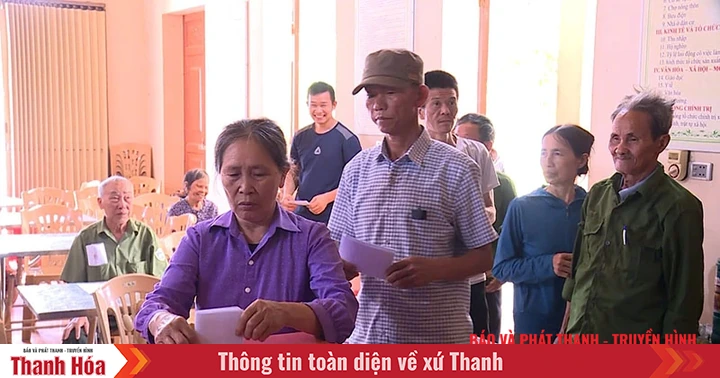

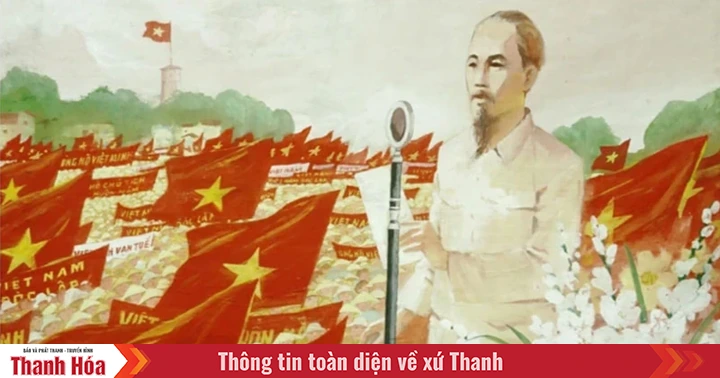
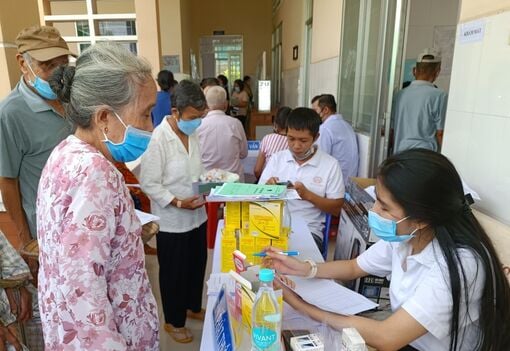

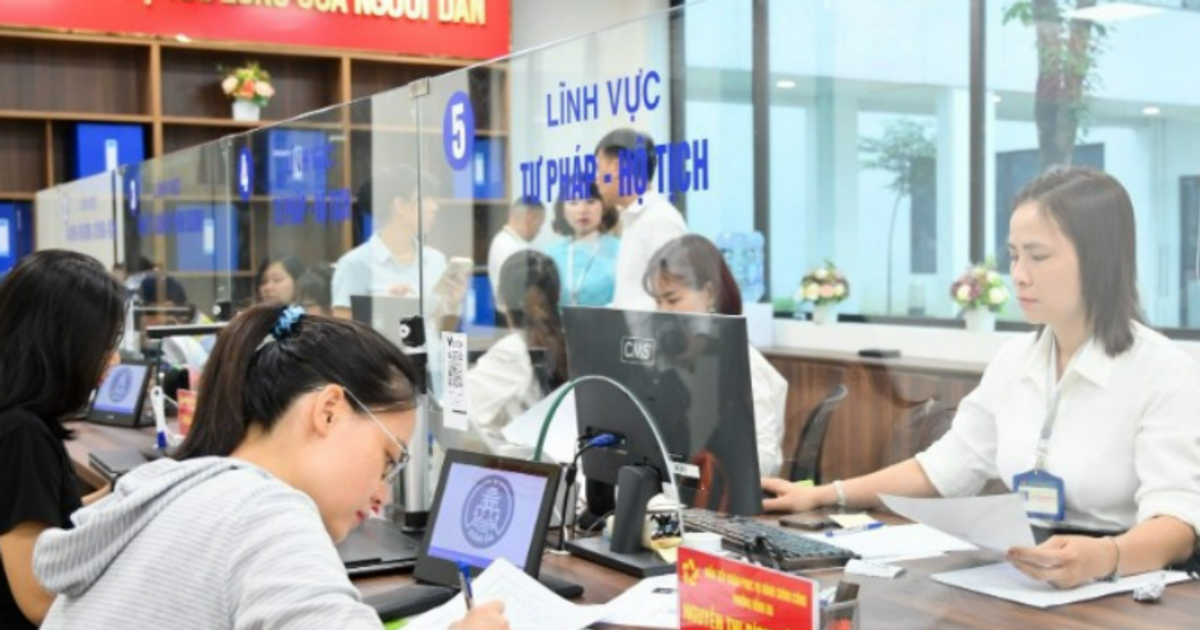

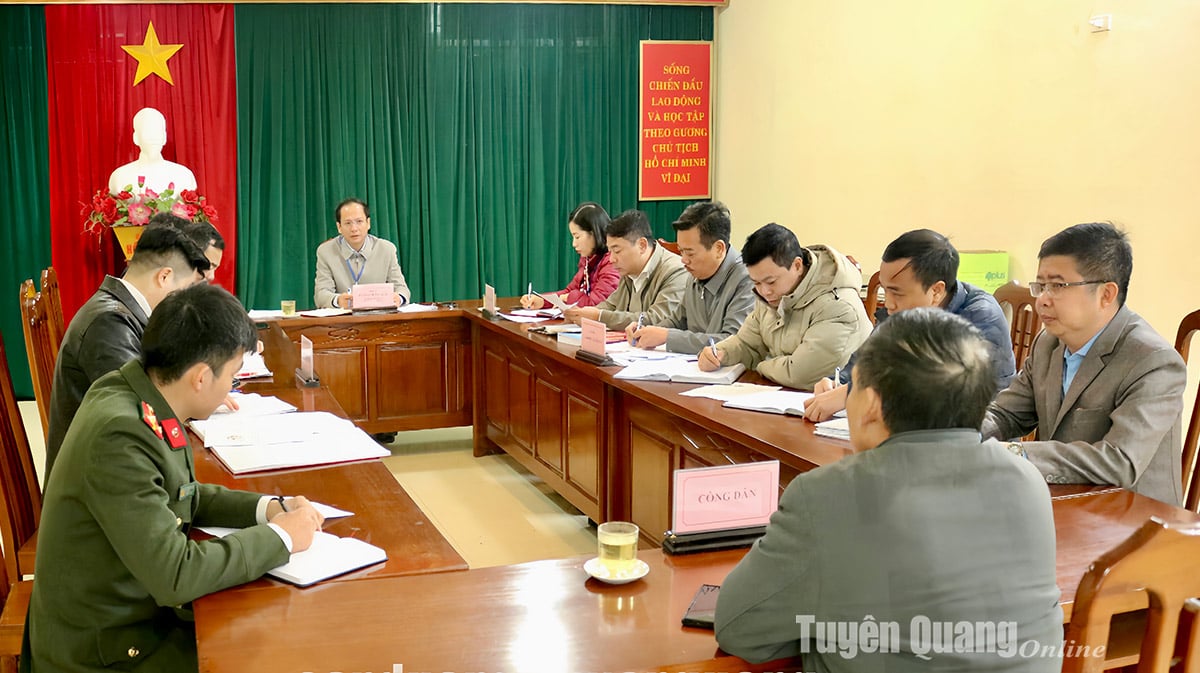
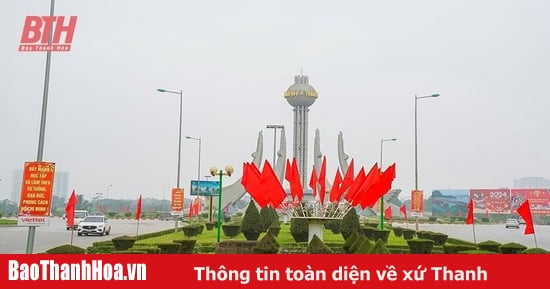
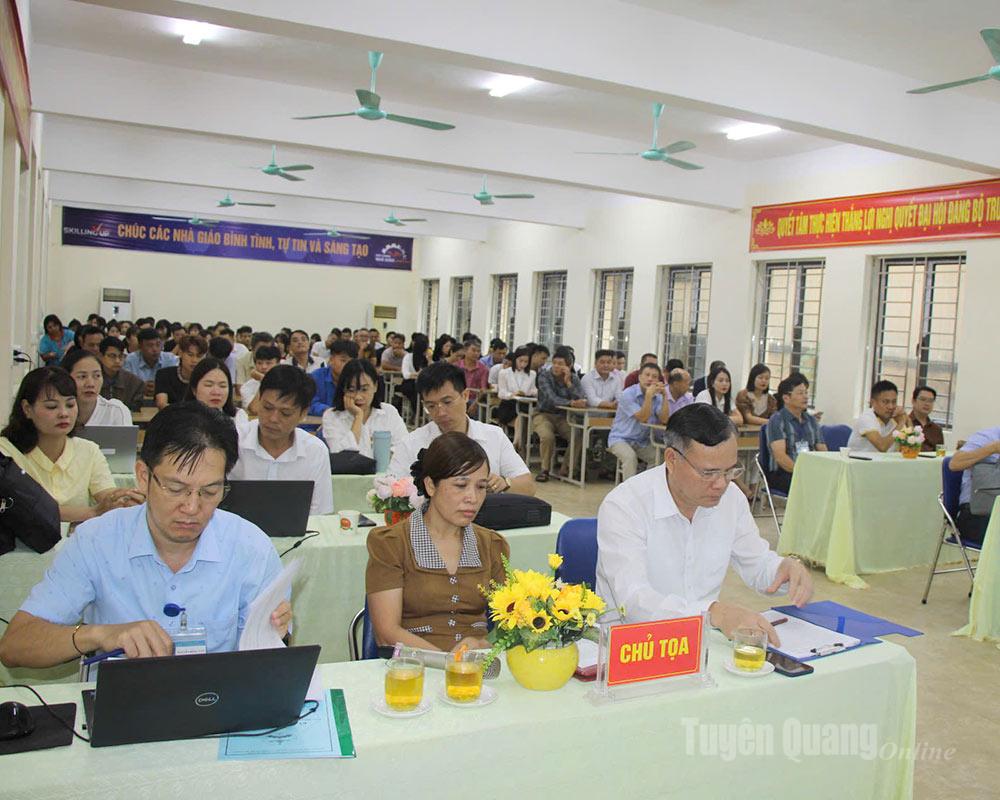

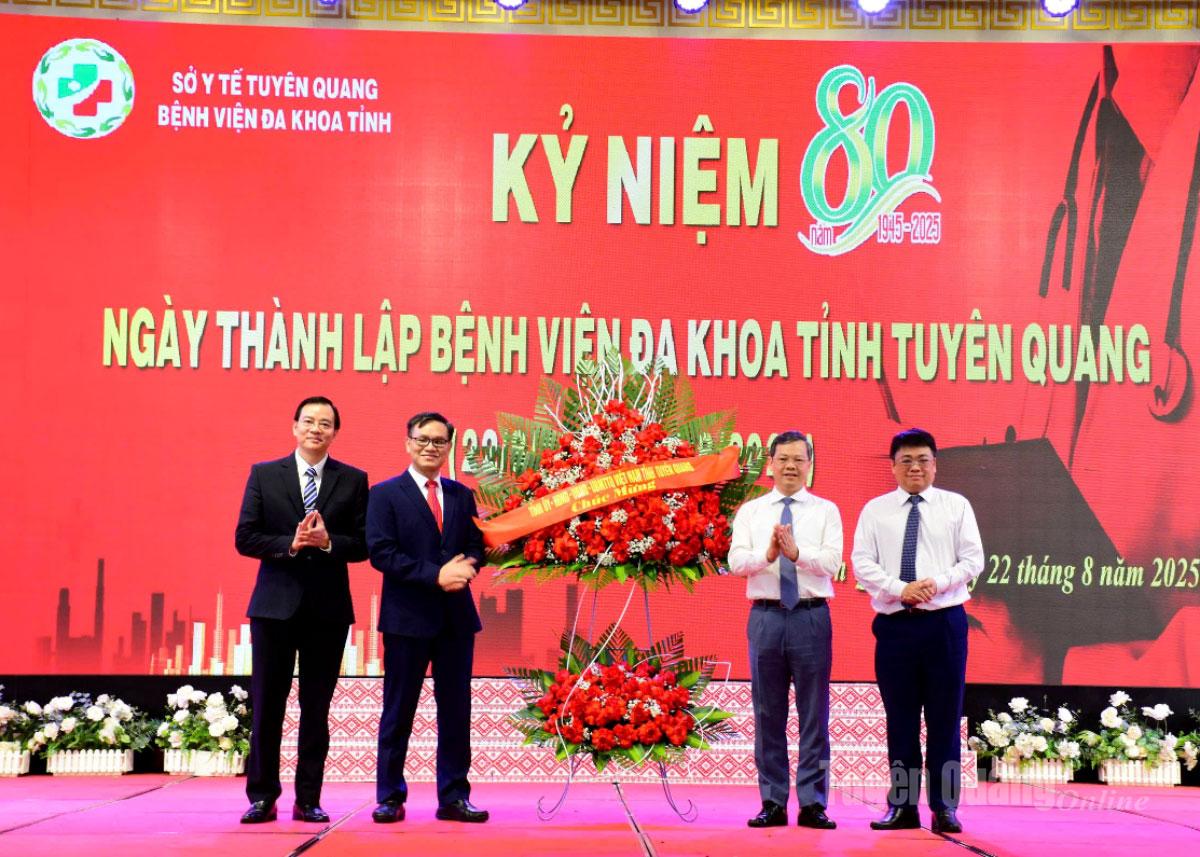

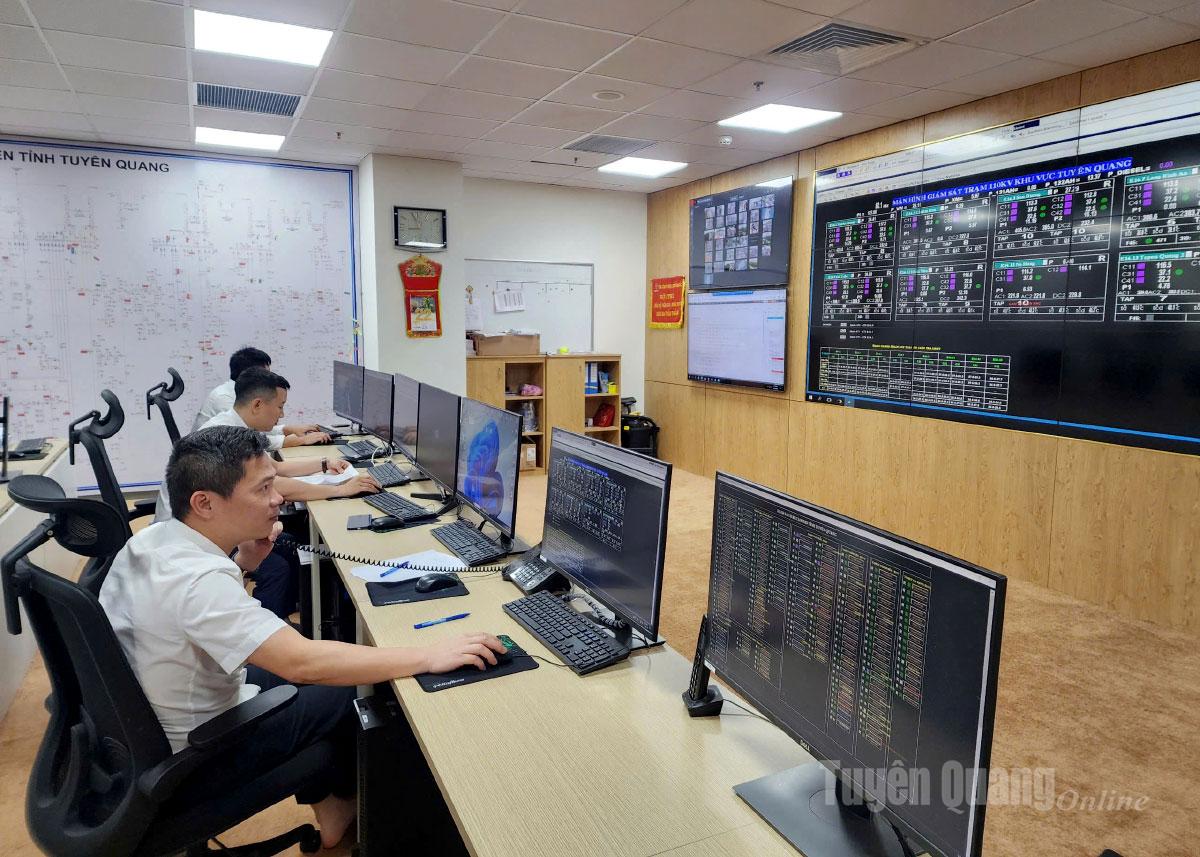
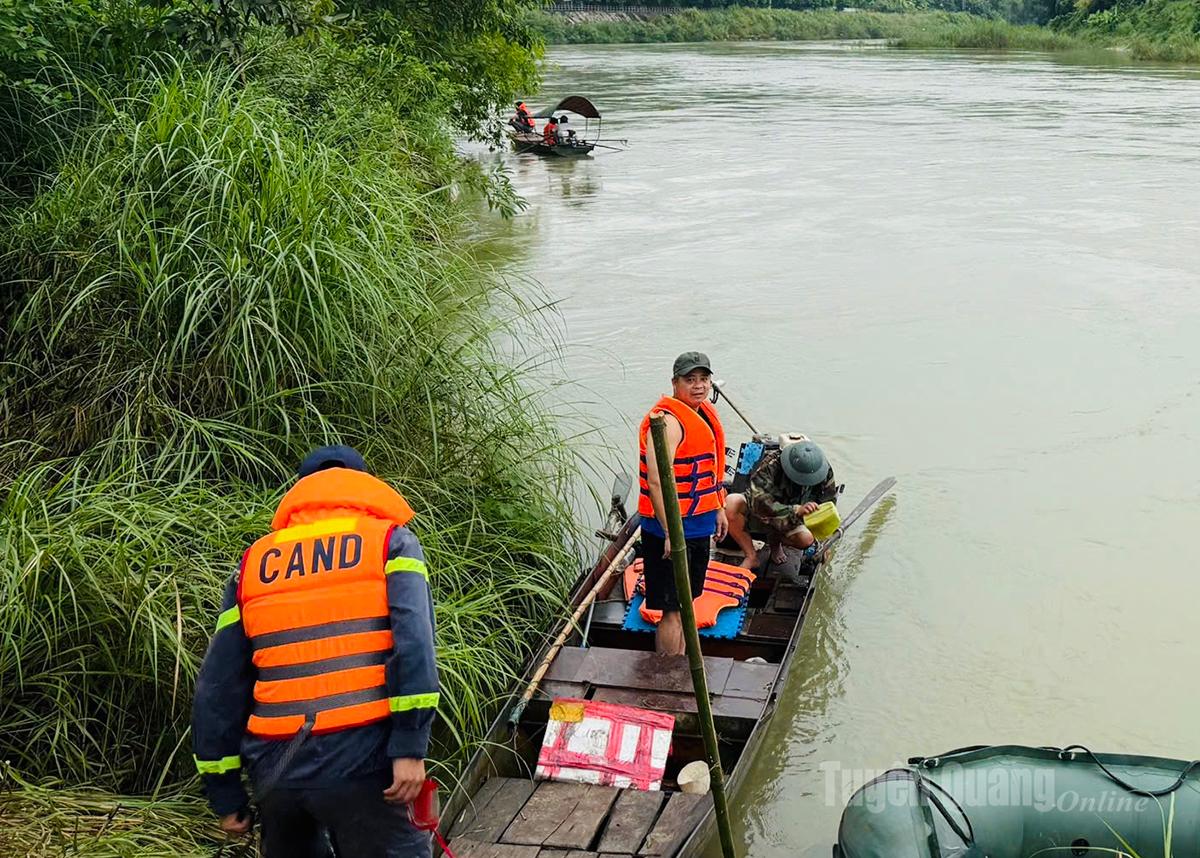
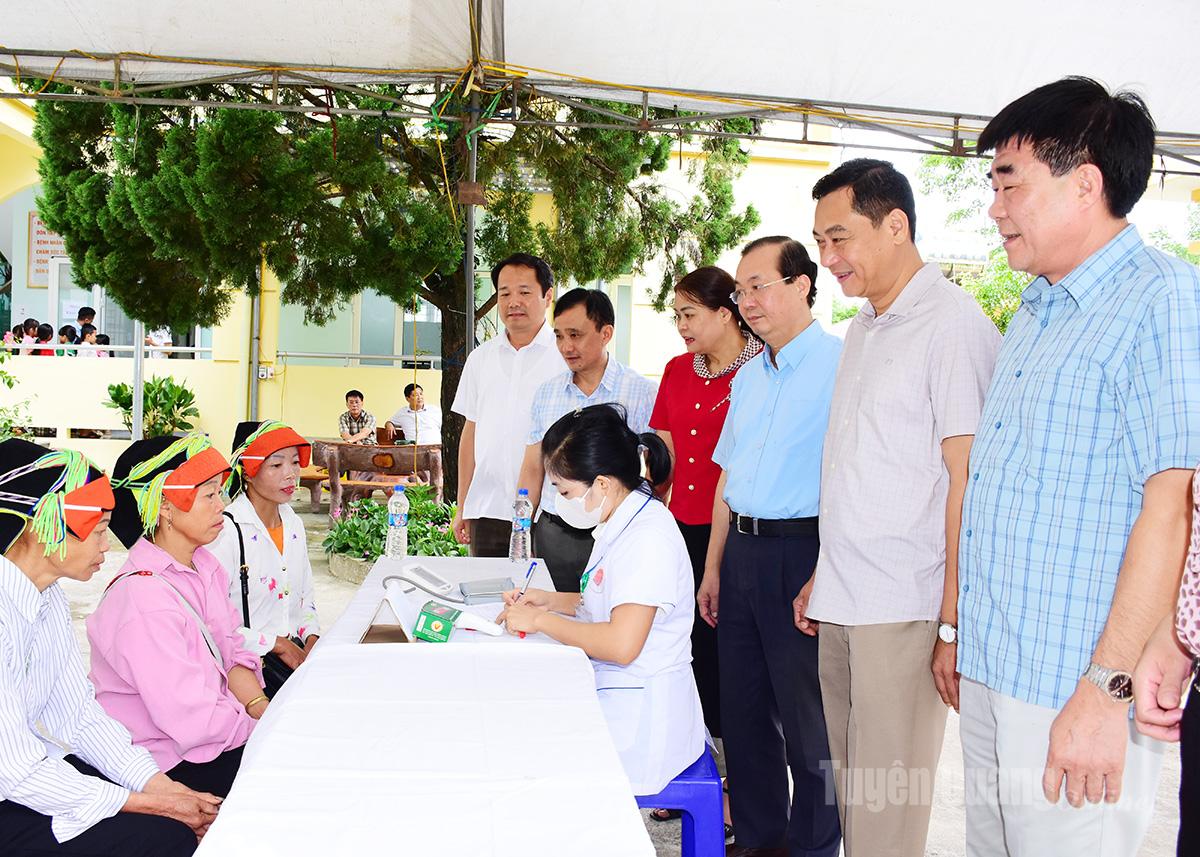




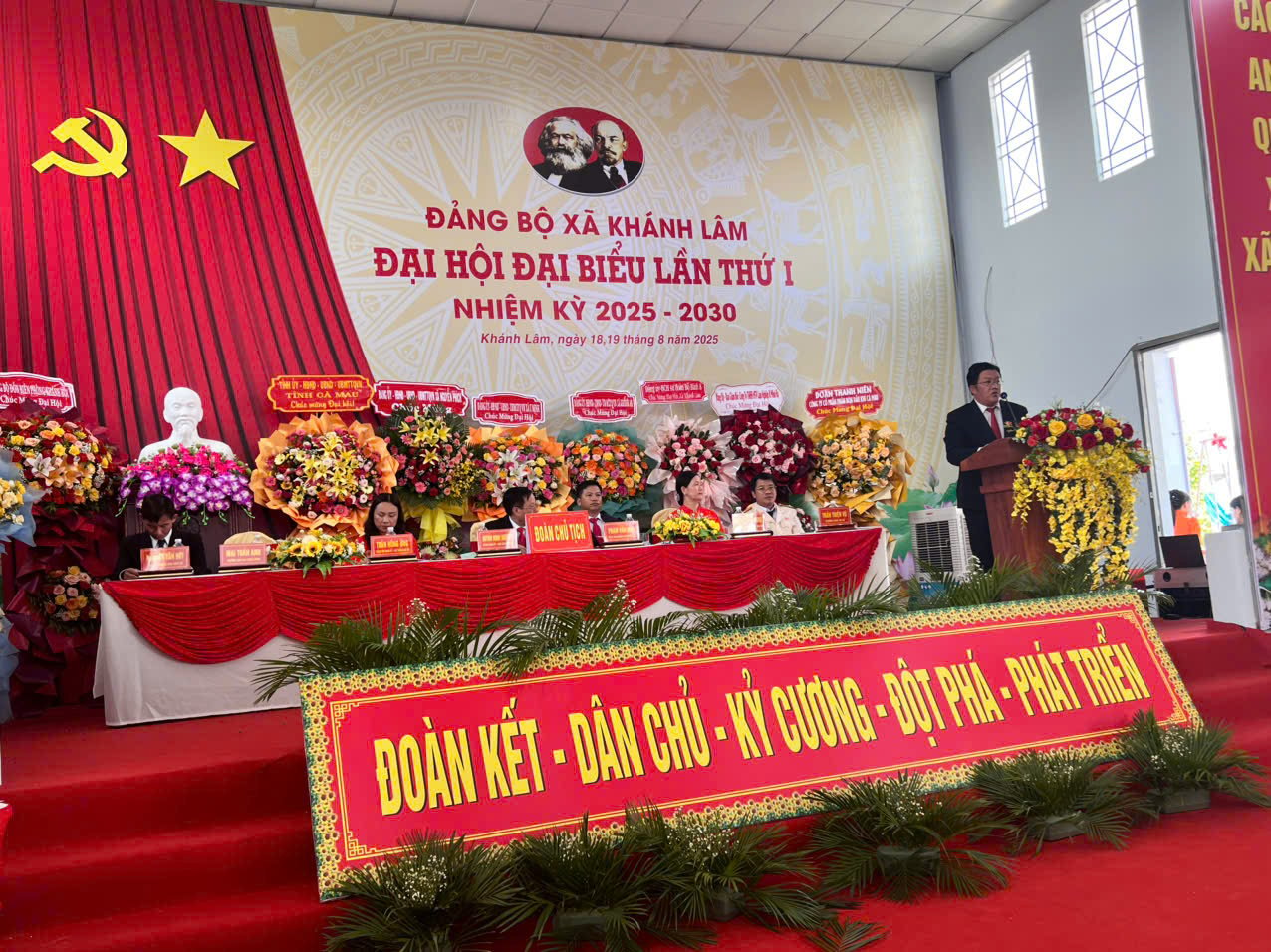
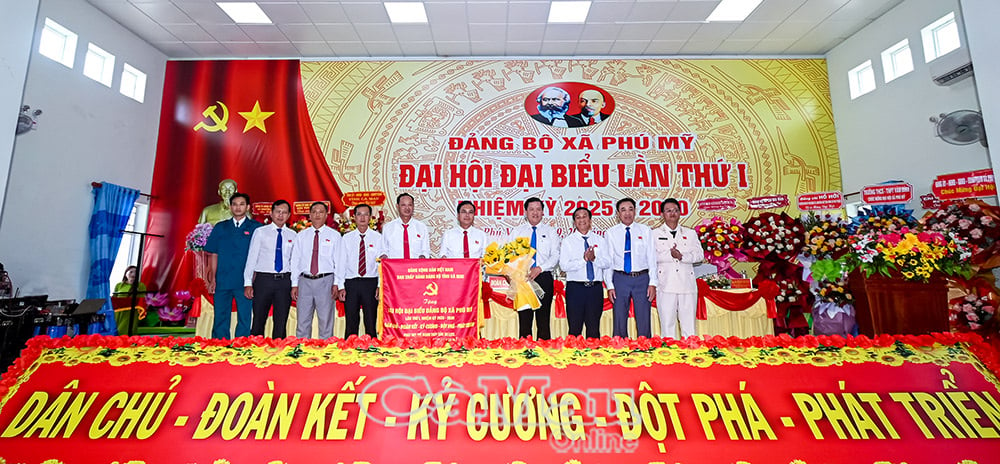
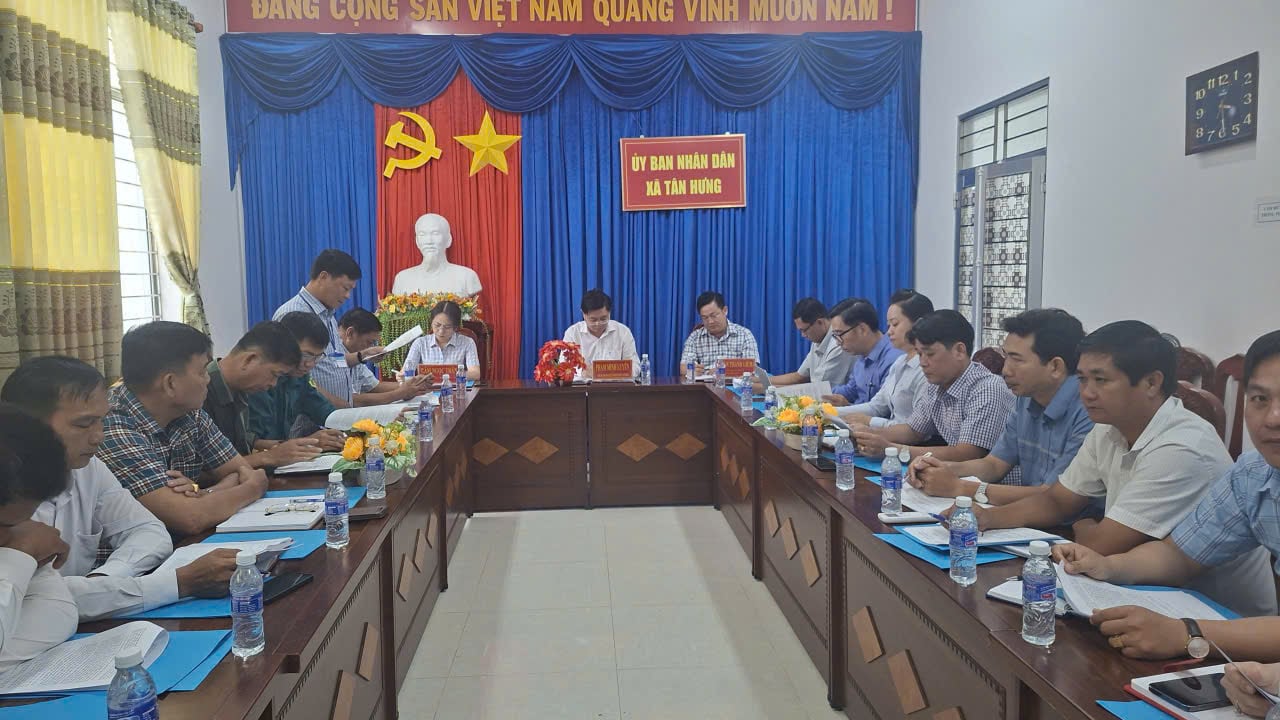
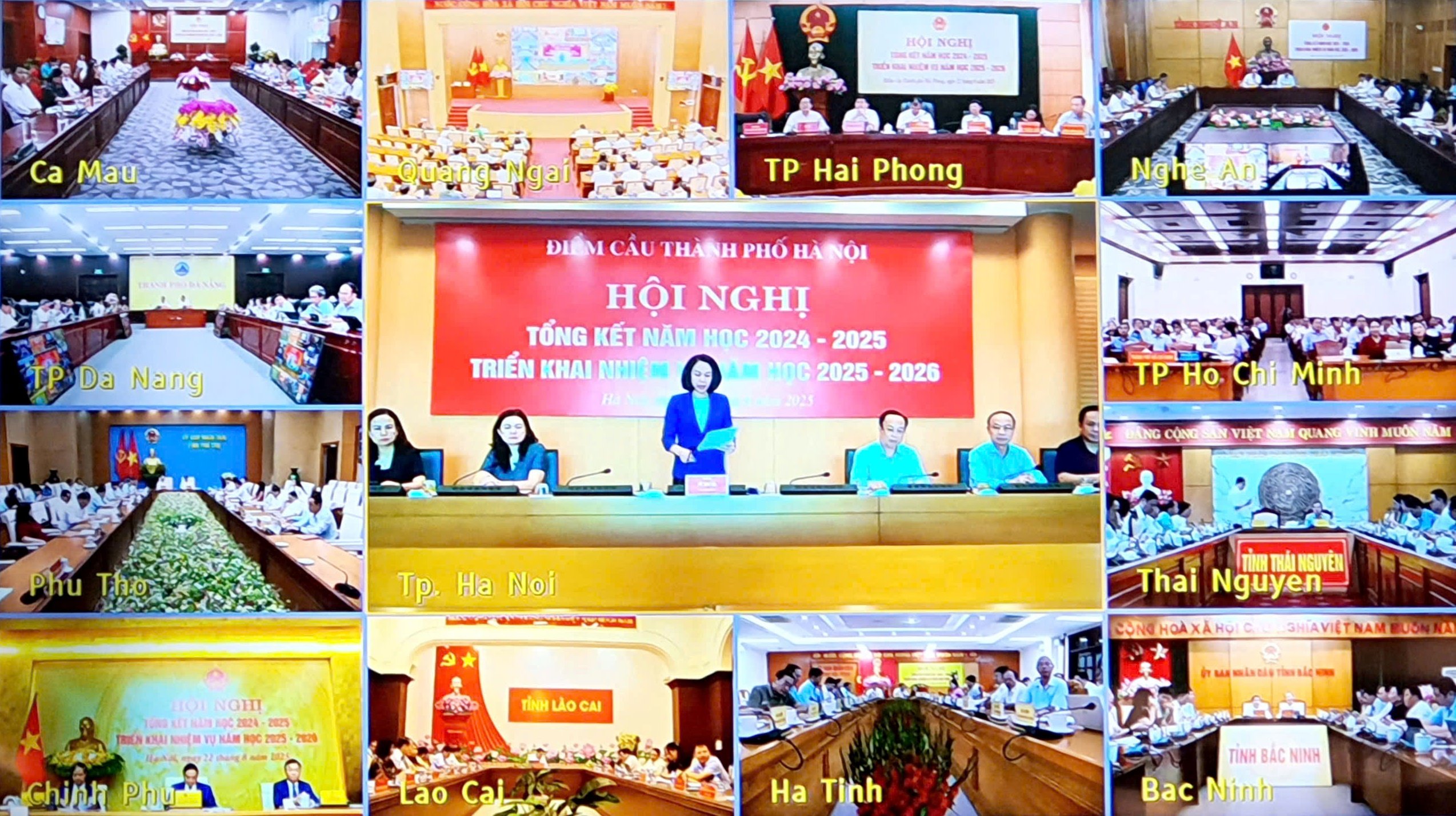
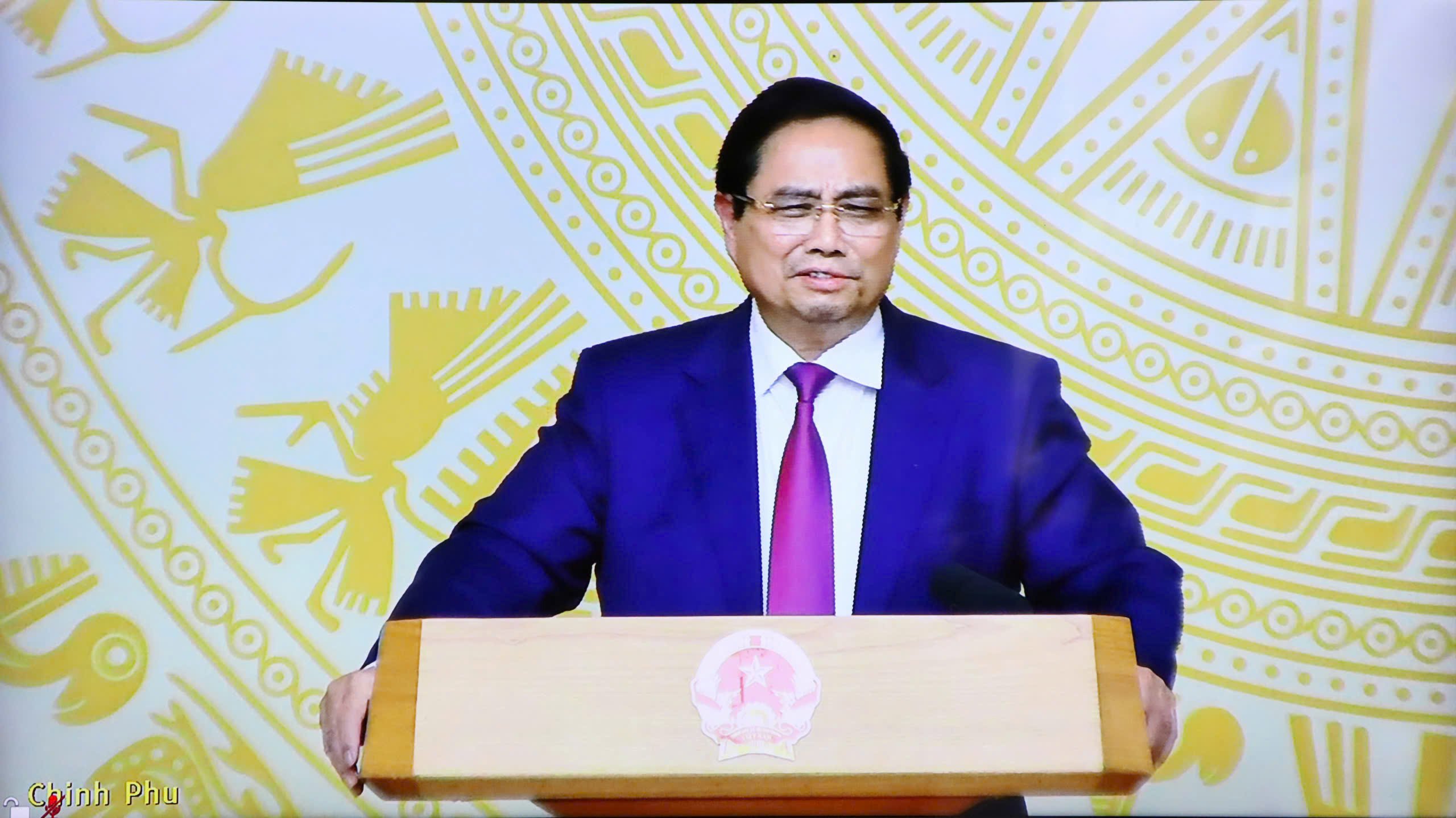
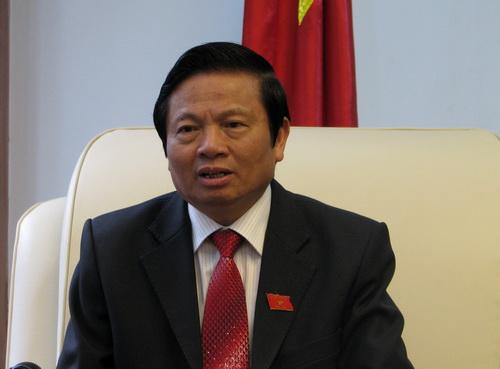




































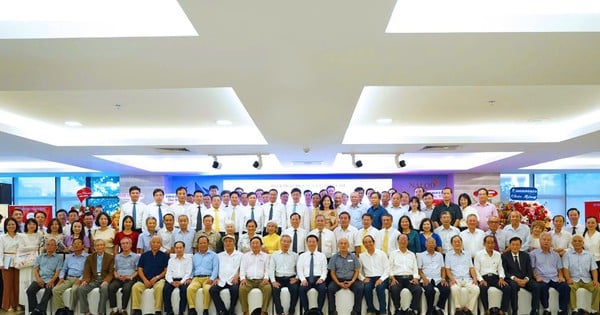

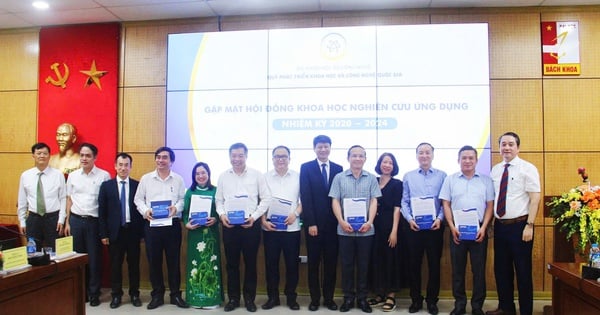









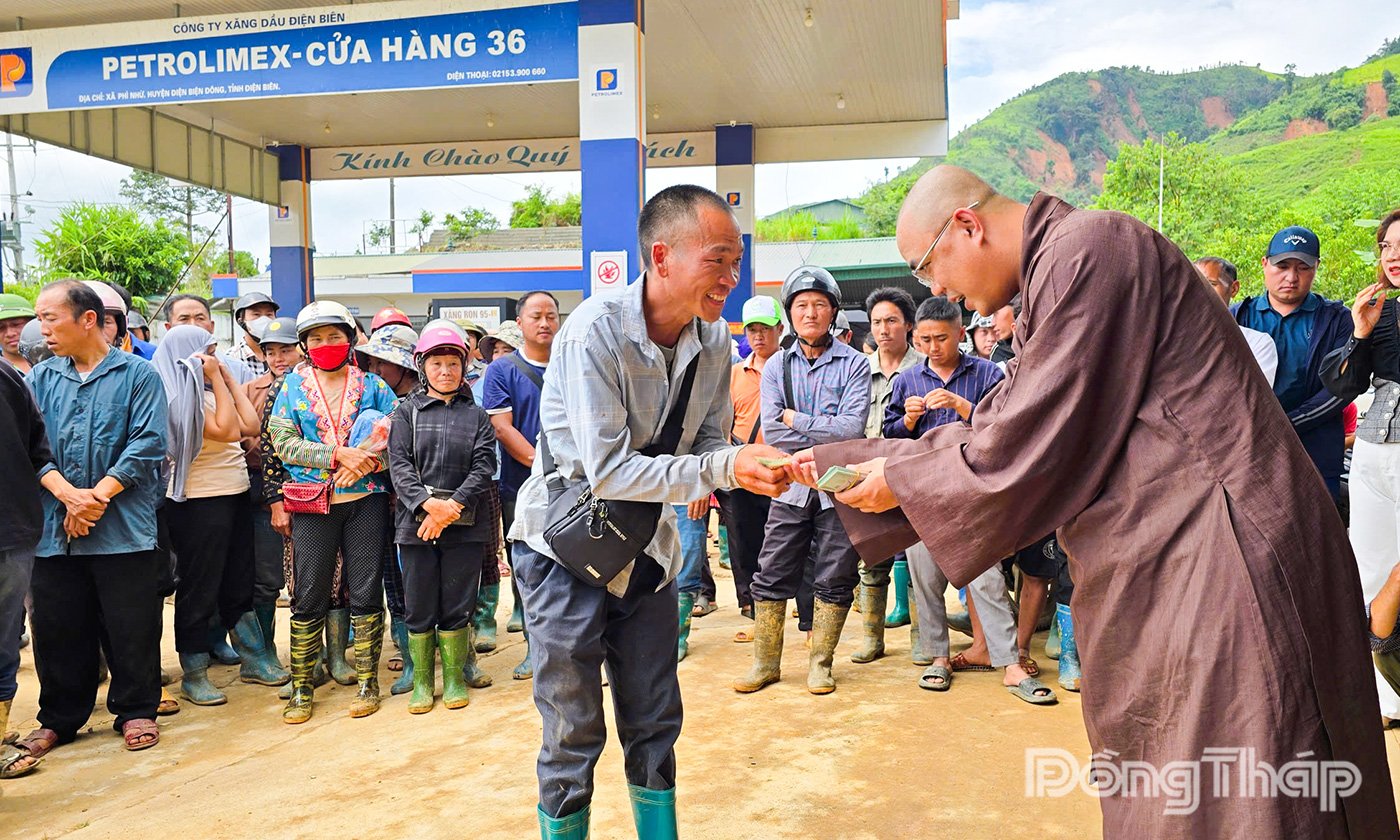



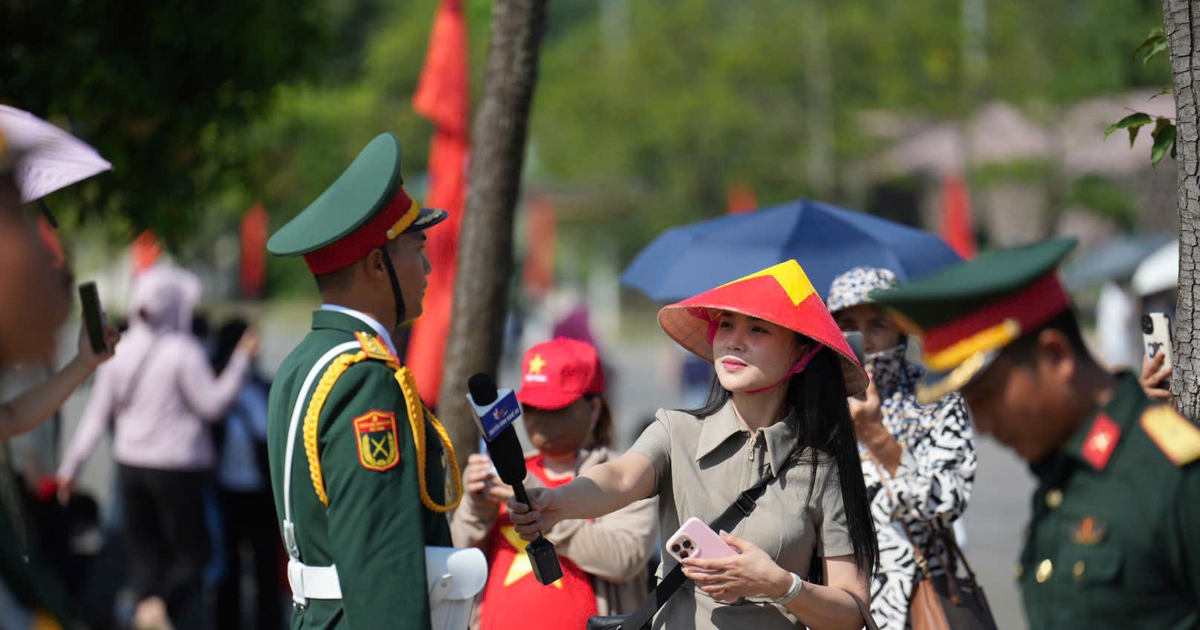

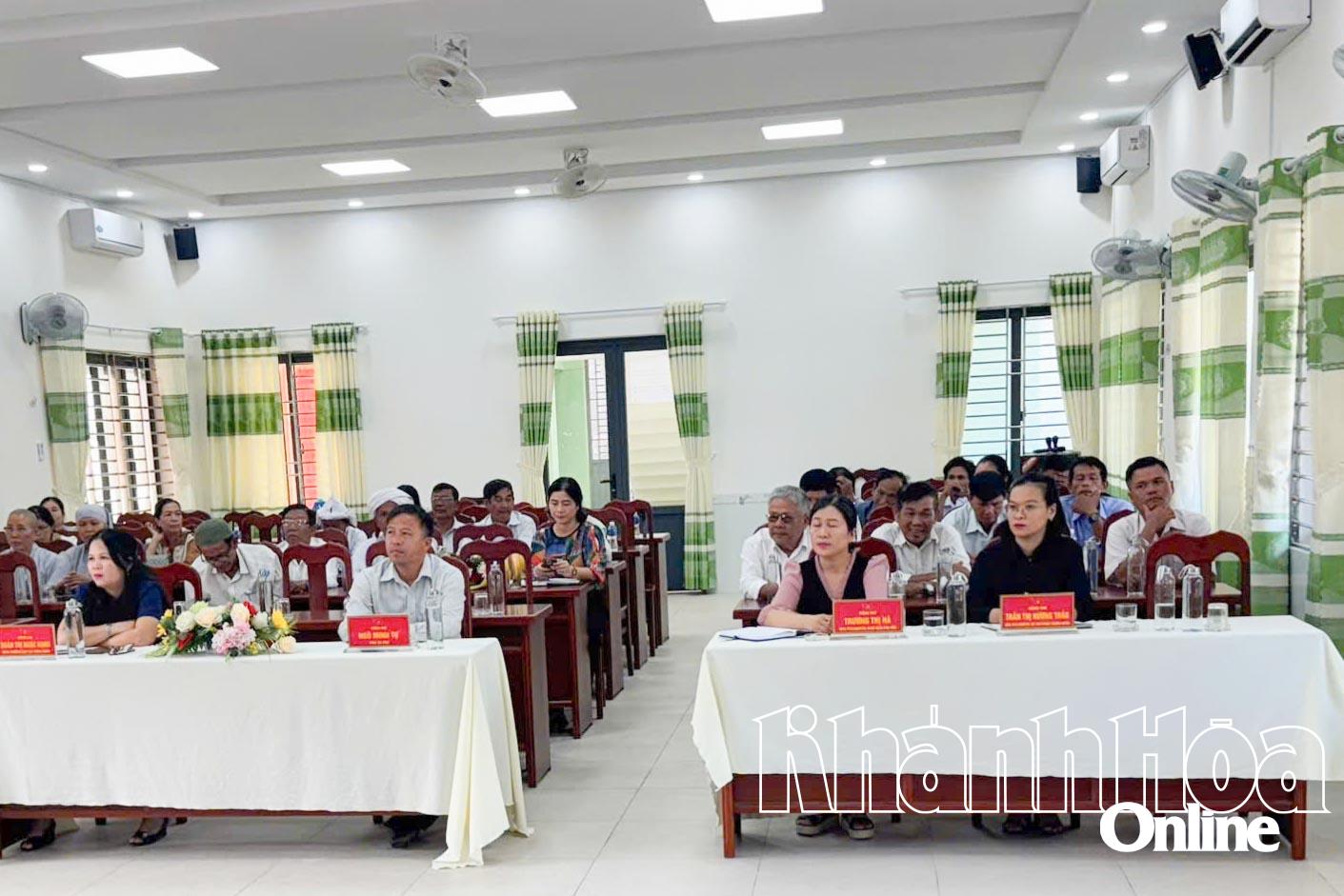
















Comment (0)